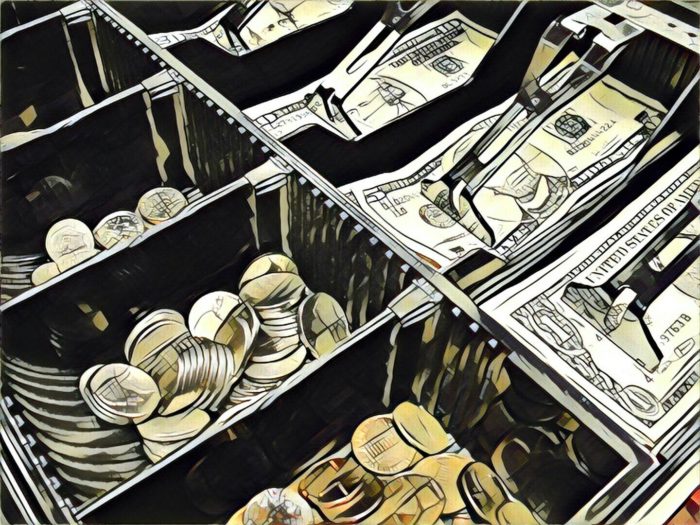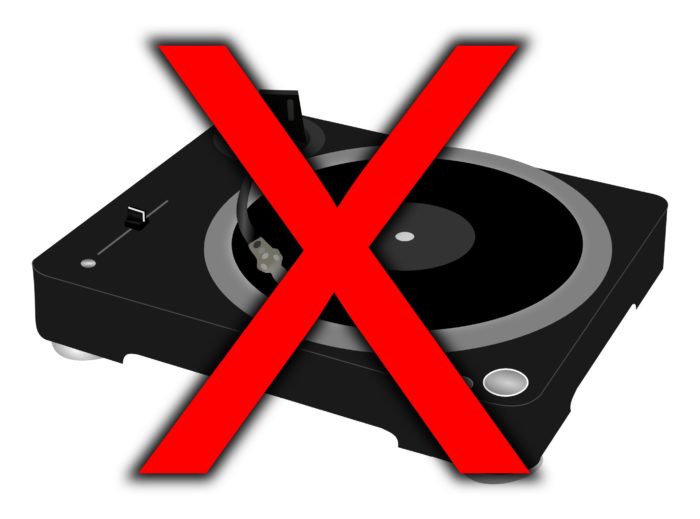I’m not entirely sure if me being a graduate of The Conservatory Of Recording Arts And Sciences reflects well or poorly on the institution. I definitely did NOT walk out of there and summarily change the world, but I have made plenty of friends and mixed a whole bunch of shows that were well received.
In any case…
I went to The Conservatory. I loved it. It was the best academic experience of my entire life. You would think, then, that I would wholeheartedly recommend to anyone considering a run in this business that they also go to school for the craft.
That’s not the case, though.
At the level of the general population, we are slowly waking up to the reality that the “diploma in hand” is really not a golden ticket. Our collective, aggressive somnolence in regards to this realization can be partially excused; For a long time, school was THE key to the brighter future. There was quite a long count of years where the piece-o-paper did indeed function well as a gate pass to getting a gig. There are some professions that still absolutely require proof of getting through the coursework to even get started. For many occupations, though, successful passage through related education is now a pretty mediocre commodity. You went to school? So? The 10,000 other people who want to do this job also did.
Having the education on your resume is no longer anything that makes you stand out from the pack. It’s not at all rare.
But higher-ed institutions of all types, especially those that really need your tuition dollars, won’t tell you that. They live on your believing that the best way to get into [insert profession here] is to have some sort of diploma. Like I said, though, the diploma no longer marks you as exceptional. It just shows that you were able to spend enough money and hang on long enough to get your credit hours.
From the above, you might think that I’m against school. I’m not. I’m against believing that school is something that it inherently isn’t.
School is not, at its core, an entry card into a profession or socio-economic group. It can act as those things under certain circumstances, but that’s not inherently what school is.
School is actually your becoming familiar with basic concepts and vocabulary such that you have a chance to understand your real education, which is the doing of the work in real life. It’s the mental foundation for asking the really interesting questions, questions that tend not to be covered in school.
(There are educational institutions which get into those questions, but they do so only at the very highest levels. Original research, the prime-example of this, is not school. It’s “doing the work in real life,” just in an academic setting where the goals are more than making a profit this month.)
The point of school is to make you able to learn something later, when you’re not in the classroom, lab, or other controlled environment.
So, if that’s the premise I’m going with, why would I NOT encourage you (like crazy) to go to school for sound? Doesn’t recording or live-audio school give you a crucial foundation for a future life in noise-louderization and electron inconveniencing?
Well, it can, but it’s not the only way to get there.
I went to recording school at just around the turn of the century. Digital consoles were out there, but were still a revolutionary concept for a lot of us in the classroom. The music industry still revolved around rock bands being recorded in big, expensive rooms through big, expensive consoles, connected to big, expensive outboard gear. CPU-based audio workstations were just at the doorway of competing with Pro Tools rigs running DSP cards. The project-studio revolution was definitely in full swing, but audio was still in a place where you could spend a lot without getting a lot.
You also have to realize that the Internet was in the midst of revolutionizing everything, but not nearly as far along as it is now. Information that’s easy to find these days was still difficult to ferret out then. YouTube, and a million people doing “how to hook up your sound system” did not exist. Not everybody posted their manuals and free(!) editor software online.
What audio schools had at that time was full-featured gear, actual studio rooms like what were in vogue, information, and the opportunity to do “lab” work that combined all that. They could charge you a fair amount for the privilege, and be basically justified in doing so. They were riding that bleeding edge of a business that traditionally worked on the “master and apprentice” model anyway, but had become big enough for commoditized education to handle the basics.
Do you know what’s changed since then?
The schools have newer gear.
They charge quite a bit more for tuition.
Gear with immense functionality has dropped in price.
All the information you need is available almost instantaneously, often for free.
Huge sections of the music business have stopped being “big industry,” and have returned to their DIY, “punk rock” roots.
What hasn’t changed at all is that “hands-on” time is still the most precious part of learning the craft.
To be brutally frank, as far as I can tell, for the price of an audio school program you can buy your own gear that – while certainly not top-shelf – will have all the features necessary for you to learn much more than the bare basics. Once you get comfortable with signal flow fundamentals, you could then start looking for bands to work with, and maybe even make some money while you establish experience. A diploma is worth very little compared to real experience, a reputation, and having some of your own equipment.
None of this is to write off academic audio programs entirely. If you truly want to go to school for sound, you should – but I would encourage you to look at non-traditional factors when choosing a school. Forget about the nameplates on the gear and the manufacturer-sponsored certification programs. Forget about whether or not the live-sound lab has the biggest and loudest flown array ever assembled. Forget about the stories of (a very small minority of their students, probably) who are working with giant artists and getting their names on industry awards that are mostly based on sales. Rather, think about:
How much hands-on time is part of the curriculum? The more there is, the better.
Related to the above, how much real, honest-to-goodness portfolio material will you have when you graduate? The more you can get, the better.
How much recruiting is done by potential employers at the school? Do local production companies go looking for graduates? The more of that there is, the better.
Will there be easy opportunities to meet and form relationships with people working at local, regional, and national levels? The more of those, the better.
We’re in a new age where the traditional barriers to entry are nearly nonexistent. If you’re going to go to school, go to a place that serves as a functional launchpad for your career, not merely a factory for people who can answer questions on tests. To use the language of Seth Godin, look for a place that prepares you to pick yourself, rather than for other people to pick you. If I had all of this to do over again, and I went to school, I would go to a school like that.
Heck, I want to teach there.

 Want to use this image for something else? Great! Click it for the link to a high-res or resolution-independent version. This CC0 image was found here: https://pixabay.com/en/fantasy-spirit-nightmare-dream-2847724/
Want to use this image for something else? Great! Click it for the link to a high-res or resolution-independent version. This CC0 image was found here: https://pixabay.com/en/fantasy-spirit-nightmare-dream-2847724/







